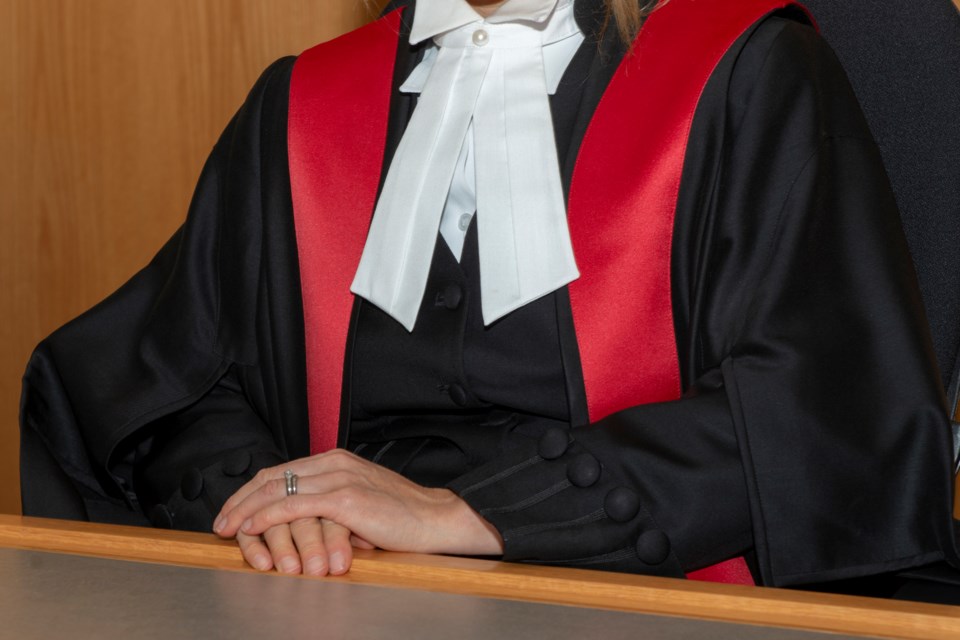A lot of what we know about the courts is, unfortunately, influenced by U.S. television.
At one time, Squamish had its own courthouse, which made its operations more accessible and relatable to locals.
After 24 years in operation on Second Avenue, though, it closed for financial reasons in July of 2002, to the dismay of local leaders at the time.
Court appearances are now in North Vancouver.
This lack of access can lead to assumptions, including those by journalists, of what happens in a courtroom in B.C.
For example, in Canada, our judges do not use gavels and never have.
“They control court proceedings with their voices and demeanour,” reads the Court of B.C. website.
In Canada, citizens have a right to an independent and impartial judiciary.
This is ensured in various ways, including that judges are appointed based on merit rather than political affiliation, for example.
Another important way judges and the judicial system are held accountable is through the “open courts principle.”
This means that, generally speaking, everything that happens in court is open to the public, including the media.
There is “privilege” for journalists within the court, meaning we are safe to publish what is said and done there without fear of being sued for it.
(Journalists still have to produce fair and balanced stories on what happens in court, though.)
We also cover court stories because journalists believe that crimes are not just against the victim, but the community, so the community has a right to know.
Court rulings are also a record of societal norms; think of recreational cannabis consumption, which has gone from illegal to legal.
Because most people have lives, jobs, and responsibilities that prevent them from sitting through court proceedings, it is often through the media that the public hears about court rulings.
At The Squamish Chief in recent years, we have noticed readers seem less aware that the courts are open to the public, and they or their loved one can be named in a story if they appear in court. This results in them contacting us, upset by the coverage. (This editorial is not related to any recent cases.)
It is literally reporters’ jobs to cover that, for the reasons cited.
There are limitations to this, such as a publication ban, which can be mandatory or requested.
But barring those bans, if you find yourself in court, you should know that you could end up in a news story.
It isn’t personal. It is because, as the federal court states with the quote by English legal and political reformer, Jeremy Bentham, on its website: “Where there is no publicity, there is no justice. Publicity is the very soul of justice. It is the very spur to exertion and the surest of all guards against improbity.”



